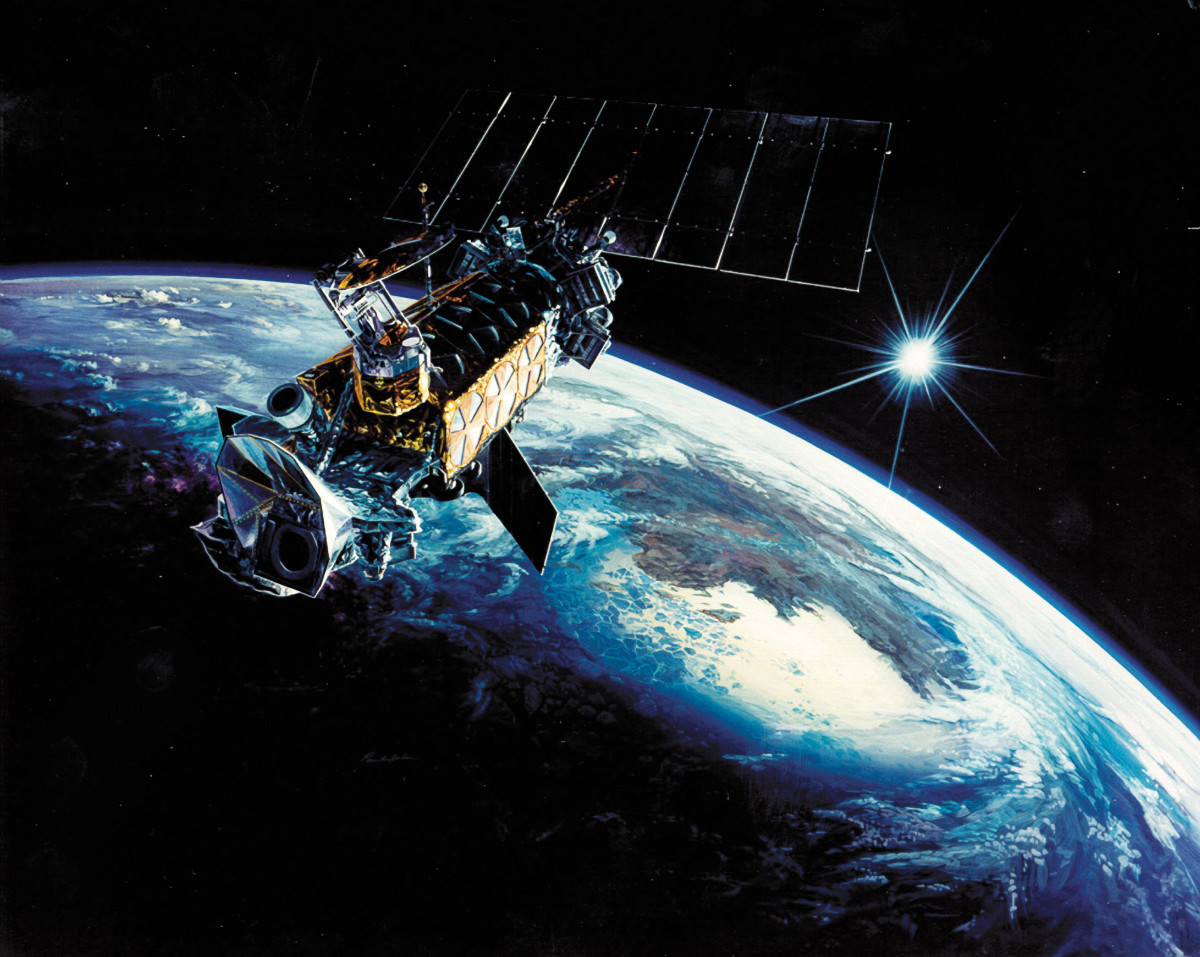McLean, Va.-based Aireon, an air traffic surveillance company, now has a fully operational real-time, space-based aircraft tracking system.
After eight years of development, the company said this week that it launched trials over the North Atlantic, and that its system is being used by air traffic controllers in Canada and the United Kingdom. Washington Business Journal first reported the news locally.
Founded in 2011, the company now has 75 employees working to provide surveillance and tracking for air traffic. The company utilizes the recently completed Iridium Next satellite constellation, which is equipped with an automatic dependent surveillance broadcast (ADS-B) system.
“Aireon saw and seized on the opportunity to deploy ADS-B in space where the limitations of terrestrial-based systems are no longer an issue,” Aireon CEO Don Thoma said at a press conference announcing the launch. Aircraft must be equipped with ADS-B to be tracked using the system, which Thoma said the Federal Aviation Administration and other regulators are requiring by 2020.
The company said its system can provide worldwide coverage, while current ground-based systems can only provide coverage of 30 percent of the globe.
“With this increased visibility comes a host of substantial safety efficiency and environmental benefits to look forward to,” Thoma said. Tracking the exact whereabouts of a plane can reduce safety risks by 75 percent, he said. The company has also said the real-time tracking can allow for better flight paths that save time and fuel, and for planes to fly at a closer distance, making room for more flights.
WBJ reported that Aireon has 11 customers and partners around the world with $1 billion in contract value. This has included a partnership with Malaysia to track flights from space, Technical.ly DC reported. Aireon CFO Richard Nyren told WBJ that most of the company’s customers have signed long term arrangements for use of Aireon’s data for air traffic management.
Aireon’s pricing varies depending on if flights are terrestrial or oceanic. Nyren told WBJ that the company charges $1 to $8 per terrestrial flight hour, but charges $40 per flight hour for oceanic flights.
Before you go...
Please consider supporting Technical.ly to keep our independent journalism strong. Unlike most business-focused media outlets, we don’t have a paywall. Instead, we count on your personal and organizational support.
Join our growing Slack community
Join 5,000 tech professionals and entrepreneurs in our community Slack today!

The person charged in the UnitedHealthcare CEO shooting had a ton of tech connections

From rejection to innovation: How I built a tool to beat AI hiring algorithms at their own game

Where are the country’s most vibrant tech and startup communities?


